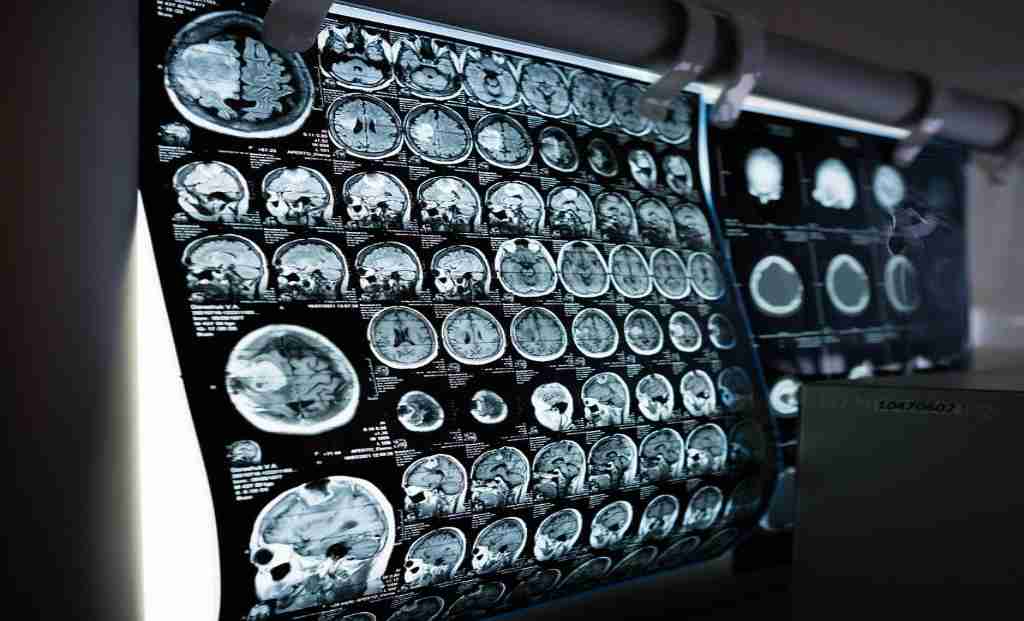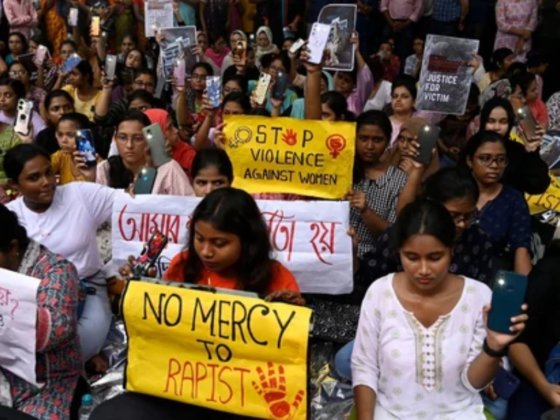District Mental Health Program and National Tele Mental Health Program prioritize mental healthcare for the underserved
In a significant effort to address the growing mental health crisis and ensure accessible care for all, the Government has launched the National Mental Health Program (NMHP). With a focus on reaching out to the poor and underprivileged, the program includes the implementation of the District Mental Health Program (DMHP) in 704 districts across the country. Additionally, the government has introduced the National Tele Mental Health Program to further enhance access to quality mental health counseling and care services.
Under the DMHP, community-based mental health facilities have been established at Community Health Centers (CHCs) and Primary Health Centers (PHCs). These facilities offer a range of services, including outpatient care, assessments, counseling, psycho-social interventions, and ongoing support for individuals with severe mental disorders. Furthermore, there are provisions for in-patient care with 10-bedded facilities at the district level.
To create awareness about mental illnesses, the NMHP emphasizes Information, Education, and Communication (IEC) activities. Each district supported by the DMHP receives sufficient funds for IEC and awareness generation activities, targeting communities, schools, workplaces, and involving community participation. These activities include awareness messages in local newspapers and radio, street plays, and wall paintings, among others.
In addition to these initiatives, the government is also investing in training and manpower development in the field of mental health. The NMHP supports the establishment of Centers of Excellence and Post Graduate (PG) Departments in mental health specialties across the country. This initiative aims to augment the availability of qualified professionals and strengthen mental health services.
To address the lack of mental health counselors in schools and colleges, the government plans to improve the availability of qualified manpower. While central data on registered educational institutions with qualified counselors is not currently maintained, the government is taking steps to provide online training courses through Digital Academies at prominent mental health institutes. This effort aims to equip general healthcare medical and para-medical professionals with the necessary skills to deliver mental healthcare services in underserved areas.
The government’s commitment to addressing mental health challenges is evident through these comprehensive initiatives, providing hope for a better future with improved access to affordable mental healthcare services.











